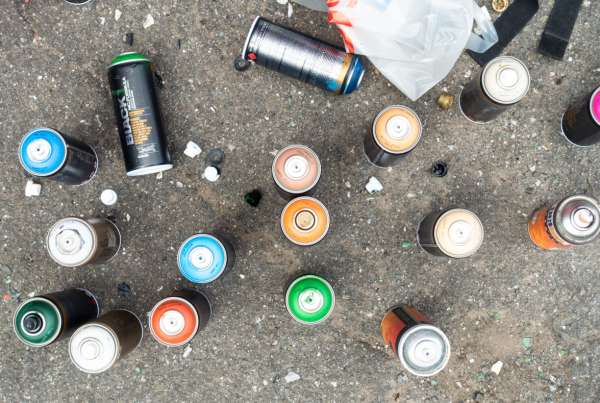The death of Amy Winehouse, mere months after another misfired attempt at rehab leaves
me thinking more and more about the misleading notion of a revolving door in recovery. I am reminded of the perceived invincibility we tend to have when we’re using and how deadly that assumption can be. Unfortunately, we’ve been subjected to inadvertent voyeurism as we’ve fallen witness to Winehouse’s public demise.
As part of a recovery community, we can certainly sit and proselytize about the myriad things she could have or should have done differently, but the fact remains: she was an addict, and her addiction ultimately won this round. Self-loathing, lack of self-worth, and self-sabotage are all symptomatic traits of addiction; Amy Winehouse expressed hers soulfully in her music, and I can’t begin to imagine the driving, internal heartache, which led her to continue on such a fatal path.
I worry that the hype around her death will somehow take the focus off of addiction or worse yet, romanticize the life and death of an extremely talented, yet deeply suffering young woman. It’s sad that we’ve lost another addict, but sadder still that it’s not surprising. The fact is, fame, talent and genius don’t make us invincible, nor do those qualities place us in an elite, protective capsule. Addiction doesn’t care. It never has and it never will.
While addiction is a treatable disease, it will always remain one that requires willingness on the addicts’ part. Without that, we risk ending up with dust in our eyes. Truth be told, I’m deeply saddened by the loss of Amy; not so much because she was a gifted artist with a broad future ahead of her, but because she could have been any one of us. She could have been a loved one; she could have been you; she could have been me.
Related articles
- Carol Howard Merritt: You Were Good, Amy Winehouse (huffingtonpost.com)
- Amy Winehouse and the Pain of Addiction (healthland.time.com)








